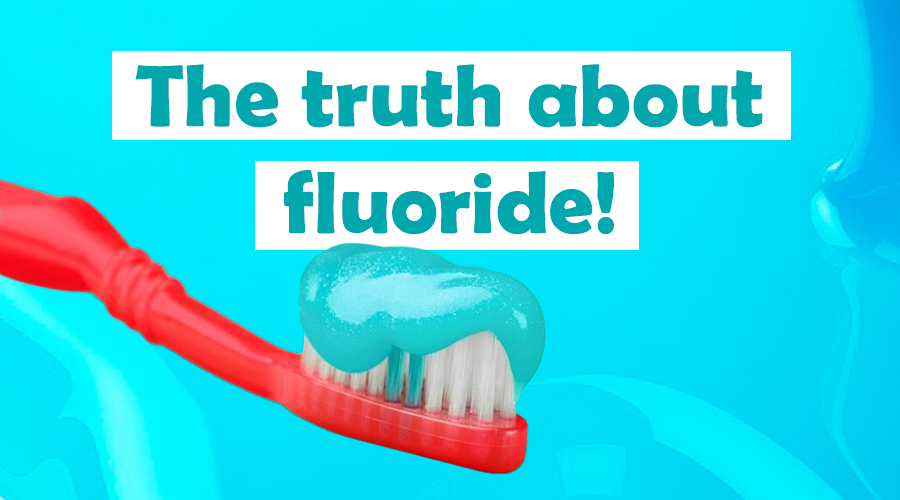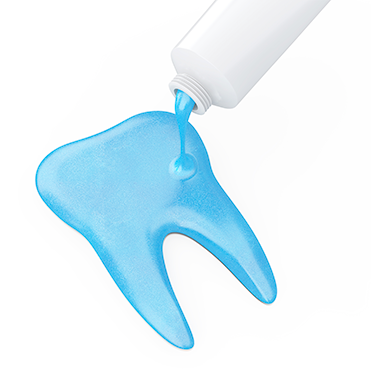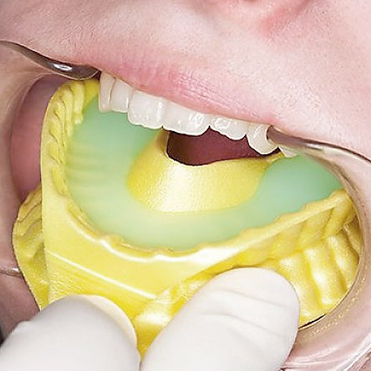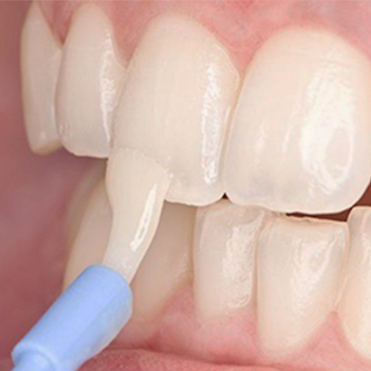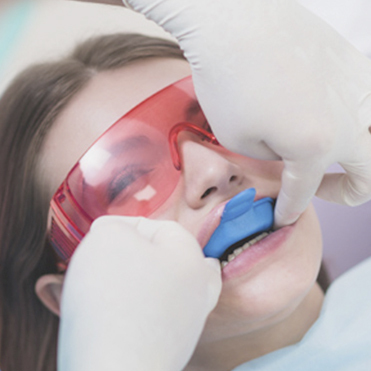It is usual for many adults not to have fluoride treatments. Some don’t even know they exist.
Along with the tooth fairy and flavored toothpaste, this treatment is usually something intended for children.
On the other hand, as a dentist, I can assure you that we recommend this treatment for adults. You’ll be able to see the benefits if you keep up with the treatment.
Fluoride treatment has several oral health benefits and has helped patients at Serena Family & Cosmetic Dentistry in Clairemont improve their mental health. Want to learn more? Read on!
What Is A Fluoride Treatment?
Fluoride is a substance that is naturally present in water. Fluoride is commonly added to water supplies to improve public dental health.
It contributes to the regeneration of tooth enamel and the reversal of early signs of tooth decay. Fluoride can enter the body by two routes: systemic and topical.
For example, most people ingest systemic fluorides through tap water and dietary fluoride supplements. Topical fluoride is administered to the teeth directly through toothpaste, mouth rinses, and dental procedures.
Let’s go into more detail about the ways fluoride can work:
Topical fluoride: by impregnating the outer surface of tooth enamel, it strengthens teeth once they have erupted, making them more resistant to decay.
You can get topical fluoride through the use of fluoride-containing dental products such as tubes of toothpaste, mouthwashes, and gels. That’s right! You probably get a dose every day if you keep up with dental hygiene.
Dentists and dental hygienists recommend that young people have fluoride professionally applied at least twice a year at their dental checkups.
Systemic fluoride: this strengthens teeth that have erupted and those that are forming behind the gums.
Fluoride can enter your system through most foods and the community water supply. It is also a supplement in the form of drops or gel, which your dentist or physician can prescribe.
Fluoride drops, on the other hand, are most recommended for children. Once children begin to reach adolescence, it is more appropriate for them to use tablets.
Remember that it is very important to monitor the amount of fluoride in children. Fluorosis (white spots on the teeth) can develop if too much fluoride is consumed when teeth are forming.
This is why it is ideal for controlling the amounts as best you can.
What Is So Beneficial About Fluoride Treatments?
For starters, fluoride aids in the healing of tooth enamel by restoring minerals naturally found in saliva.
These minerals also strengthen teeth, making them more resistant to decay in the future.
Fluoride treatments administered by a dentist are especially beneficial for patients at higher risk for decay or erosion.
Ask your San Diego dentist if a fluoride varnish would help protect your teeth if you have dry mouth, weak enamel, poor oral health, or crowns.
It can help you with:
- Decrease the likelihood of cavities
- Slow down the creation of cavities
- Postpone the need for more costly dental work
- They should keep their baby teeth for as long as possible.
- Notice a reduction in the amount of time and money you spend at the dentist
Who Would Benefit From a Fluoride Treatment?
Fluoride exposure is essential for newborns and children between the ages of 6 months and 16 years.
This is the period when primary and permanent teeth emerge.
In addition, there are individuals with certain medical conditions who definitely may be at increased risk for caries. In these cases, they may benefit from supplemental fluoride treatment.
If you have any of these conditions, you could benefit from this treatment:
Periodontitis
Periodontitis, or gum disease, can expose your teeth and roots to bacteria, increasing the risk of tooth decay. Periodontitis begins with gingivitis, which is the first stage of the disease and is caused primarily by poor oral hygiene.
Conditions of dry mouth
Dry mouth, also known as xerostomia, is a condition that makes people more prone to tooth decay.
This condition is caused by disease, certain drugs, and head and neck radiation treatment.
Lack of saliva makes it difficult to remove food particles and neutralize acids, which increases the risk of tooth decay.
Prevalent cavities
You could benefit a lot from a fluoride treatment if you get one cavity every year or every other year.
Those with dental treatments
The area where the crown meets the underlying tooth structure or around the brackets often accumulates food and, therefore, more bacteria.
In a way, these treatments can put teeth at risk for decay if they are not kept clean.
You Might Experience Some Side Effects
Too much fluoride, like any other medication, can have negative side effects.
You can get too much fluoride from an unintentional overdose or from too high a dose.
Fluoride poisoning is indeed very rare today, but too much fluoride exposure can harm the development of young children’s bones and teeth. For this reason, there are tubes of toothpaste for children that do not contain fluoride.
Too much fluoride can lead to:
- mature teeth with white dots
- teeth discoloration
- homeostasis issues with the bones
- bones with a lot of density but not much strength
However, keep in mind that due to the low amounts of fluoride contained in household items, reaching these dangerous levels is rare, to say the least.
Talk to your dentist if you have any doubts or questions about the amount of fluoride your child receives.
On the other hand, an overdose of fluoride can result in:
- nausea
- diarrhea
- tiredness
- sweating excessively
What Can You Expect When Getting A Fluoride Treatment?
Fluoride treatments performed by professionals usually take only a few minutes. They are painless and simple. Fluoride can be applied as a gel, foam, or varnish.
It can be applied with a swab or brush or placed in a tray and kept in the mouth for many minutes.
After treatment, wait at least 30 minutes before eating or drinking to allow the fluoride to penetrate the teeth and help repair microscopic caries stains.
Your Clairemont dentist may recommend fluoride treatments every 6–12 months, depending on the state of your oral health.
Dr. Kurt may also offer other preventive treatments, such as over-the-counter or prescription fluoride mouth rinses or gels, or an antibacterial mouth rinse if you have a higher risk of tooth decay.
What’s The Takeaway?
Have a consultation with San Diego dentist Dr. Serena Kurt about the advantages of fluoride treatments for your specific case, and maintain your daily oral hygiene routine. They’re both great strategies to keep your teeth strong and healthy.

